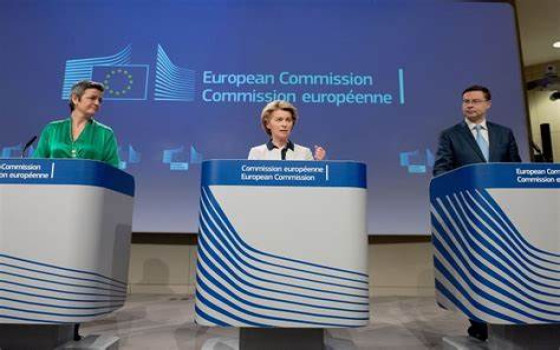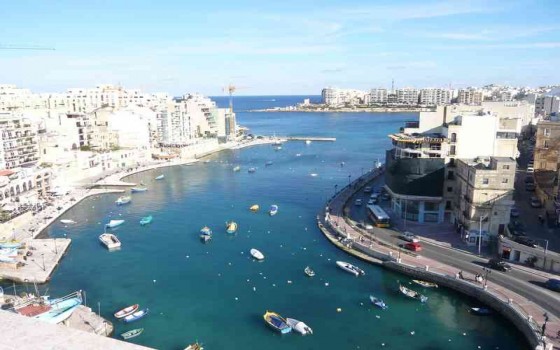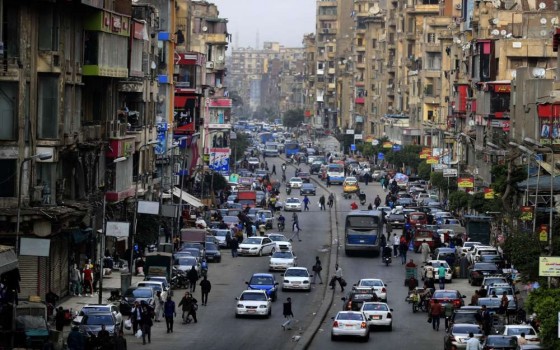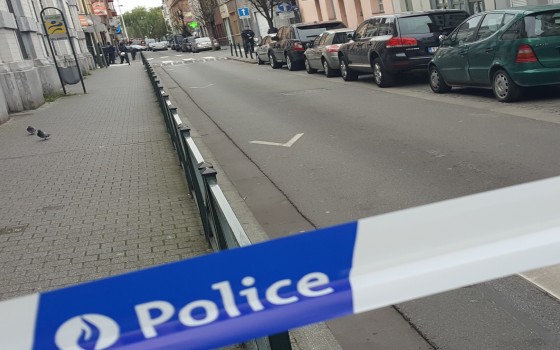
The Brussels Commission announces the 27 winners of the European Union Young Translators Competition

- Europe and Arabs
- Friday , 10 February 2023 13:52 PM GMT
Brussels: Europe and the Arabs
The European Commission congratulated the 27 young winners of its 16th Juvenile Translation Competition who are secondary school translators.
This year, 2,883 participants put their language skills to the test, choosing to translate a text between any two of the 24 official languages of the European Union.
Of the 552 available language combinations, students from 681 schools used 141 combinations, including Spanish to Slovenian and Polish to Danish.
Students participating in the competition enjoyed the opportunity to discover the translation. As students from a school in Spain said: “Our English teacher is a former translator and we all enjoyed every part of the preparation process, rehearsing texts from years past and learning about the challenges of translation in EU institutions. We even planned to visit a university that offers a degree in Translation to learn more about this world.
The European Commission translators selected 27 winners, one for each EU country, in addition to 287 students receiving special commendations for their outstanding translations.
The award ceremony for the 27 winners will take place in Brussels, on March 31, 2023.
This came after the European Commission's Directorate-General for Translation has organized the Juvenes Translatores (Latin for Young Translators) competition every year since 2007.
Over the years, the competition has been a life-changing experience for many participants and winners.
Some decide to study translation at university, others join the translation department of the European Commission as a trainee or full-time translator.
The aim of the Juvenes Translatores competition is to promote language learning in schools and to give young people an idea of what it means to be a translator. The competition is open to high school students of 17 years of age and is held simultaneously in all selected schools across the European Union.
Multilingualism, and thus translation, has been an essential feature of the European Union since the European Communities were first established. It was enshrined in the first regulation adopted in 1958 (European Economic Community Council: Regulation No. 1). Since then, the number of official languages in the EU has increased from 4 to 24, with more countries joining the EU.












No Comments Found